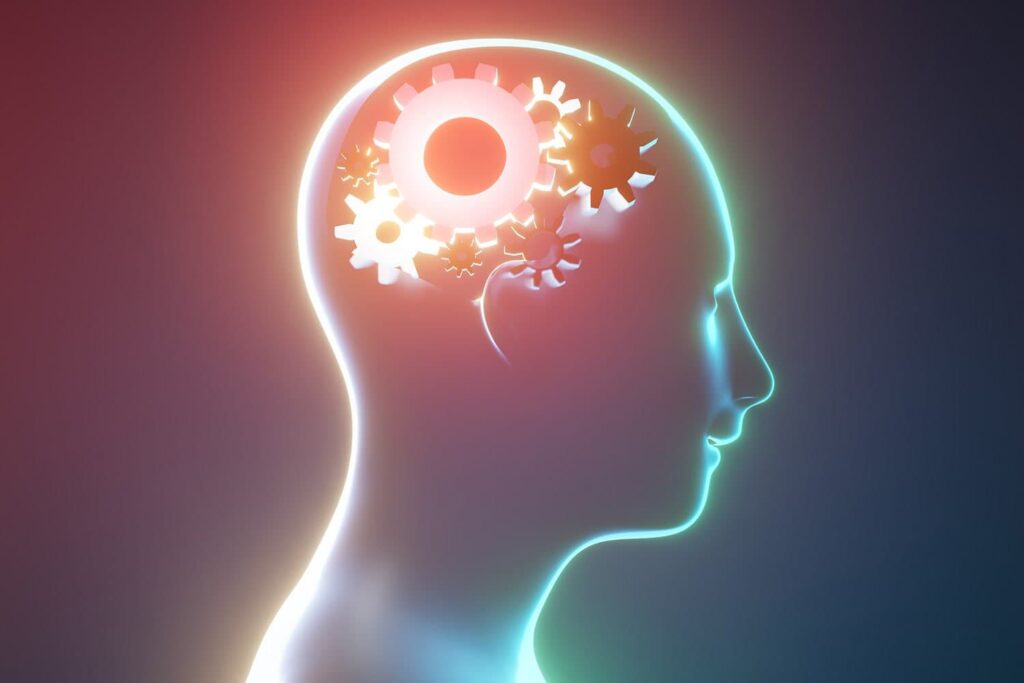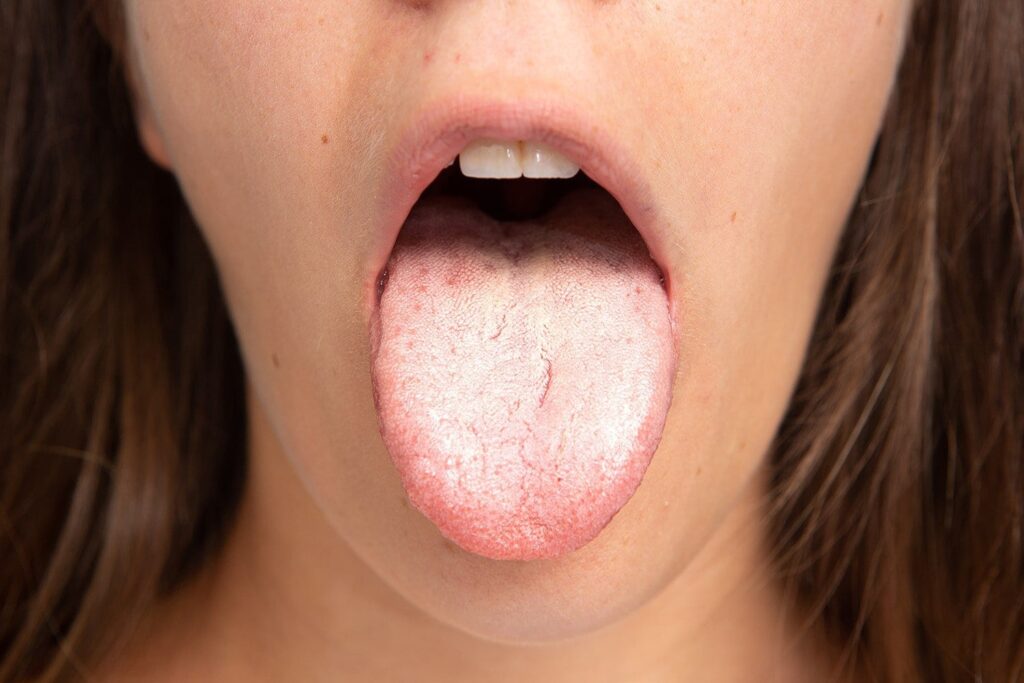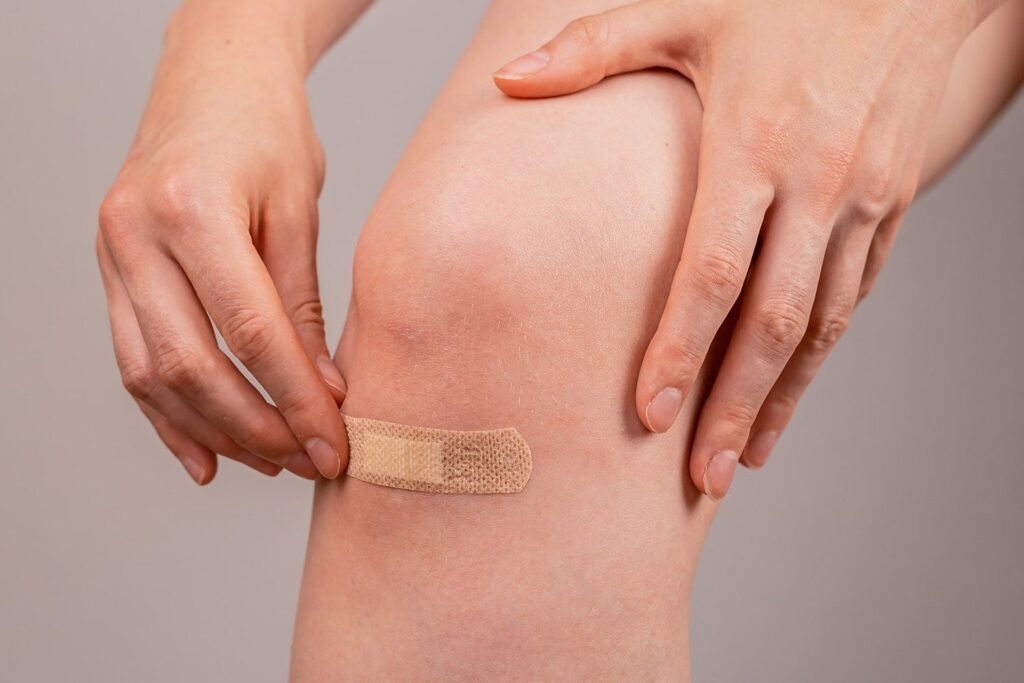You need to be aware that your body may be deficient in vitamins and minerals, long before you start experiencing symptoms. It is very likely that this type of deficiency is due to your poor eating habits, junk food having ended up replacing fruits and vegetables. A detailed analysis of this topic revealed that the low cost of these foods made them really popular. Ironically, fast foods are much more common than natural foods, which is a great concern in both developing and developed regions of the world.
Vitamin D deficiency is quite common, despite the fact that it is more often found in sunlight than in food. A vitamin D deficiency can be due to malnutrition, or can occur in the event of certain underlying pathologies such as kidney disease, hormonal imbalances, resistance at the level of vitamin D receptors, etc. People do not having no response to dietary supplements should be investigated to find the cause.
People who live in areas without sunlight most of the time, such as in apartments, are more likely to not have sufficient levels of vitamin D in their blood. You don’t need to be exposed to sunlight for a long time, just 10-15 minutes of exposure to morning light is enough, even if limited to your hands, face, and feet.
1. You have unexplained pain

Vitamin D is necessary for good bone health, as this nutrient strongly regulates the levels of calcium and phosphorus in the blood: two vital minerals in bone matter. These two minerals are also essential for intact muscle function.
A deficiency of vitamin D in the blood can make your bones weak and soft. This is why babies developing this condition face a disastrous consequence called rickets. Babies with rickets have “bent” leg bones, due to low levels of calcium and phosphorus. Additionally, the long ends of their bones, such as the wrists or ribs, wear out (this is an important diagnostic point during x-rays).
People with low levels of vitamin D in the blood experience muscle pain, for example in the thighs or biceps. In this condition, unmonitored calcium levels can compromise muscle contraction. These people generally have difficulty getting up from a sitting position or carrying heavy objects.
2. Your head is sweating

A frequently sweating head, especially in babies, is an important indicator of vitamin D deficiency. Frequent drops of sweat on the forehead should be considered and not ignored.
A sweaty head is not necessarily a specific sign of illness, and can also appear in other conditions such as hyperthyroidism. If a baby has this symptom, he or she should also be examined for other signs of vitamin D deficiency. Additionally, the mother should be questioned about whether she wraps her baby in thick clothing for too long.
This rather strange symptom of low vitamin D levels in the blood has been reported numerous times by Dr. Micheal Holick. If you’re sweating excessively all the time, it may mean your body isn’t getting enough nutrients.
3. You get infections easily

When you’re low on vitamin D in your blood, your bones and muscles aren’t the only things you should be concerned about. Your immune system is variably affected by this nutrient deficiency, although it is not specific. The nutrient controls two important mechanisms when fighting an infection: eradicating inflammation and stimulating immune cells.
With a low level of vitamin D, a person is more likely to develop respiratory infections. This is why colds or flu are more common in people with vitamin D deficiency. However, this deficiency is also caused by chronic inflammatory conditions.
If you notice that you are catching colds too frequently, check for other signs and risk of vitamin D deficiency in your body. People with adequate levels of vitamin D in their blood are less likely to develop rheumatoid arthritis, type 1 diabetes, and multiple sclerosis.
4. You have chronic kidney disease

As mentioned previously, certain pathologies such as chronic kidney disease can lead to a deficiency of vitamin D in your blood. This happens because the form of the nutrient absorbed through the skin is inactive. Enzymes in the kidneys are responsible for processing vitamin D, which is then converted into its active form.
The active metabolite of vitamin D regulates the absorption of calcium and phosphorus from the kidneys. Increased levels of calcium and phosphorus trigger a hormone called ‘parathyroid hormone’, which then works to incorporate them into bones. People with long-standing kidney disease are often tested for vitamin D deficiency, because an affected kidney is unable to convert this nutrient into its active metabolite.
Chronic kidney disease can be the result of many factors, including post-viral infections and prolonged obstructions from stone formation in the urinary tract. Many people develop chronic kidney disease due to other comorbidities such as diabetes or hypertension.
In these patients, if the vitamin D receptors are functioning properly, vitamin D treatment is provided to counter this deficiency.
5. If you have dark skin…

Vitamin D also contributes to the formation of skin pigments. This pigment is very useful in protecting the skin from cancer and sunburn. Without adequate levels of vitamin D in our body, the pigment formation process is also affected.
In general, each individual is expected to contain 60 to 70 nmol/L of vitamin D at the end of the summer season, and more than 50 nmol/L at the end of the winter season. Non-symptomatic vitamin D deficiency is difficult to detect. However, symptomatic conditions are usually concerning and require prompt action.
The skin of people with dark pigmentation has more difficulty absorbing sunlight, and this population group is more likely to develop a deficiency. Additionally, conditions associated with vitamin D deficiency, such as cardiovascular disease, diabetes, and skin cancer, are more common in people with dark skin color.
These people must adapt their diet to incorporate this nutrient, while taking into account exposure to the sun.
6. You have mood swings

In addition to bones, muscles, and skin, your central nervous system tends to be affected in the absence of adequate levels of vitamin D in the blood. Low moods are quite common but can be a manifestation of the disease. This is probably because vitamin D has a positive influence on mood, and its lack leads to mood swings.
It has been observed that serotonin, a hormone that promotes a state of relaxation in the human mind and body, is produced in the presence of sufficient levels of vitamin D in the blood. Low levels of this nutrient lead to low levels of serotonin production. Low levels of serotonin in the brain are strongly linked to depression, with low moods being the main manifestations.
You are now aware that depression is not only a consequence of social pressures and emotional breakdowns, but also due to nutritional deficiencies. This could probably answer our question of why low moods occur more during the winter. In addition, sunlight is also linked to good mood and positivity.
Daily intake of vitamin D should be a minimum of 10,000 IU, and anything less may make you prone to developing related symptoms.
Ladies! If your mood swings increase during PMS, research possible symptoms of nutritional deficiencies in your body, especially those related to vitamin D deficiency.
7. Your muscles are weak

Proximal muscles are those aligned near the center of your body, such as the biceps and quadriceps. These muscles are known for their mass, because they are mostly involved in initiating movement.
Since they initiate movement, their contraction requires a large amount of calcium ions in the blood. Low calcium levels can interrupt this mechanism. Calcium deficiency can occur in many conditions, one of which is insufficient levels of vitamin D in the body.
Many affected people complain of frequent muscle pain and weakness. They say they get tired much more quickly, and are unable to carry heavy objects, or even move around. Muscular manifestations are more significant in cases of calcium deficiency, so they occur more frequently in cases of vitamin D deficiency.
Therefore, in addition to a proper diet containing calcium, it is important to consume vitamin D. If you do not have the opportunity to expose yourself to sunlight or if your vitamin D levels are too high low, your doctor will probably prescribe a vitamin D food supplement.
8. You are overweight

This sign of vitamin D deficiency is probably the most undesirable, and yet inevitable. A vitamin D deficiency can cause you to gain a few pounds. If you are gaining weight despite eating a good diet, check if it contains all the nutrients you need.
In a study including 4,600 participants over the age of 65, it was observed that subjects with vitamin D deficiency gained 2 kilos more than their counterparts.
The link between low vitamin D levels and weight gain is supported by the results of a study published in the American Journal of Clinical Nutrition, which states that in an effort to lose weight, women dieting , exercising and taking vitamin D supplements showed more pronounced results than their counterparts.
Studies have also observed a link between insulin resistance, obesity, and low vitamin D levels.
9. You have digestive problems

Diseases related to your gut can lead to vitamin D deficiency in your body due to malabsorption, as the intestines play a crucial role in absorbing this nutrient from your meals. Vitamin D is much more often considered a hormone rather than a nutrient, because its lack causes a wide variety of pathological changes in the body, including poor digestion.
We have vitamin D receptors throughout our gut. This hormone also plays a role in the formation of insulin by pancreatic cells, which may explain why its deficiency leads to an increased risk of insulin-dependent diabetes. Insulin plays an essential role in the absorption of glucose and amino acids by the liver and muscle cells.
Low vitamin D levels can also delay food emptying from the stomach, which can cause symptoms such as bloating. It is therefore crucial to follow a diet containing vitamin D.
10. If you are 50 years or older

Aging is certainly not a sign of vitamin D deficiency, but advanced age leads to a decrease in vitamin D formation, just as with chronic kidney disease. Various factors can lead to a deficiency of this nutrient in the elderly, such as a reduction in diet and exposure to the sun (they tend to move less), an increase in the fragility of the skin, the deterioration of intestinal functions, and decreased liver and kidney functions.
Therefore, if any of the signs of vitamin D deficiency are detected in older people, diagnosis and treatment should not delay.
11. Skin problems

Skin problems are a major manifestation of vitamin A deficiency, as is vitamin D deficiency.
Dermatological conditions like psoriasis are often treated with creams containing this hormone, indicating that it has a link to the health of your skin. Additionally, conditions as common as acne and as severe as eczema also employ the use of topical creams containing vitamin D.
12. Hair and scalp change

Just like your skin, hair and scalp also exhibit changes that deteriorate when there is a deficiency of vitamin D. Studies indicate that hair loss, especially in women, can be partly attributed to a deficiency in vitamin D. vitamin D.
In a study led by H. Rasheed with his elder E. Hamdy, as well as other members of the Cairo University team, they evaluated serum levels of ferritin and vitamin D in women who suffered from hair loss (FPHL) and Telogen effluvium (TE). In both cases, vitamin D levels were lower than their normal counterparts.
13. Reduced cognitive function

Recently published studies have indicated that low levels of vitamin D are linked to poor cognitive functions. This link is partly due to the anti-inflammatory properties of this hormone, which protect blood vessels from damage.
Decreased blood vessel integrity is a crucial point in the development of diseases leading to a decline in cognitive function. This discovery raises hope that taking vitamin D could be useful in combating cognitive disorders.
Studies have shown that the lower the cognitive functions, the lower the level of vitamin D in the blood.
14. Night blindness and eye changes

Just like vitamin A, vitamin D is also essential for your eyesight. You might be surprised to know that adequate vitamin D levels in the blood are vital for good vision. The hormone reduces inflammation and protects the integrity of all blood vessels, including those in the eyes.
Research has shown that taking vitamin D supplements in laboratory rats led to a reduction in retinal inflammation and improved vision.
15. Mycosis

Candidiasis is quite common, especially among women who frequently deal with vaginal yeast infections. If this candidiasis is located in the mouth, it is then called “canker sore”. This condition is more common in people with weak immune systems, such as children and the elderly.
Vitamin D has an antimicrobial compound known as ‘cathelicidin’, which the body uses to fight off those disease-producing little candida beasts. A recent study found low levels of this hormone in people with yeast infections.
16. Slow healing of wounds

We all know very well that when an injury takes much longer than normal to heal, there could be an underlying nutritional deficiency causing the condition. Vitamins K and A are the best known in this case. However, we rarely give importance to the role of vitamin D in the wound healing process.
Studies have shown that an injury produced uses too much vitamin D. Larger injuries can lead to a vitamin D deficiency.
17. Change in nails

When you have low vitamin D levels, you will develop a calcium deficiency in no time. With low blood calcium levels, the basic structure of the nails is affected. In this case, the nails may soften, or may even become deformed in severe conditions. Peeling and cracking of nails can also occur in response to vitamin D deficiency.
18. Mouth pain

Mouth ulcers, toothache, gingivitis, etc. All of these conditions are likely to occur with vitamin D deficiency. Less vitamin D equals less calcium, which will ultimately affect tooth structure. Additionally, because this hormone exerts anti-inflammatory and antimicrobial action in the body, mouth ulcers and other oral ailments are likely to occur, which can lead to mouth pain.
19. Reproductive problems

This problem is quite serious. Vitamin D deficiency may affect reproductive health. The logic is very simple. This hormone plays an important role in the formation of cholesterol, and this is the central component of sex hormones. Therefore, vitamin D deficiency will indirectly influence the formation of sex hormones in a person.



